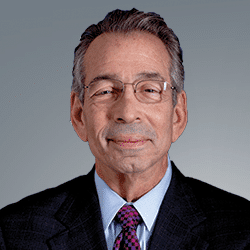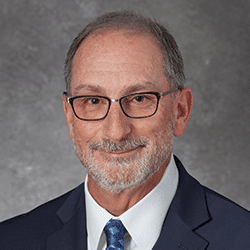ADR Systems spoke with Hon. Stuart A. Nudelman, (Ret.) to discuss ethics and honesty in mediation, including the role of confidentiality.
Can a mediator be too honest or not honest enough? How do you find the balance?
A mediator is bound to inform the parties of the information they have been given by one side and not change that information when communicating it to the other side during the caucusing process. But the mediator can deliver it in a way that he or she thinks will be the most effective to the ultimate goal of settling the case before them.
Changing facts or positions of the parties without their permission would be an ethical violation of the mediator’s responsibilities. In addition, if a mediator communicates information that one side did not want the mediator to communicate to the other side, that also would be an ethical violation.
While mediators are not bound by any ethical rules like attorneys and judges, they are guided in their practice by the Model Standards of Conduct for Mediators.[1] These Standards were created to serve as the fundamental ethical guidelines for mediators. Mediators who are attorneys or former judges are bound by the rules of professional conduct for the jurisdictions where they are admitted, but they also are guided by the Standards when serving as a mediator.
How do you maintain confidentiality during mediation?
Make sure that the parties have a clear understanding of what confidentiality means in a mediation – that they realize, for example, the mediator must keep information confidential when he or she is told it cannot be shared with the other side.
A mediator should thoroughly explain confidentiality in opening remarks to participants. This can be done with all parties in one room or separately. Often a confidentiality agreement is signed by all of the parties and the mediator. This agreement will memorialize the confidential nature of the mediation.
Following a mediation, the mediator cannot disclose any information obtained in a mediation, unless the parties agree that the mediator may disclose information or if a disclosure is required by applicable law.
What can be done to avoid issues involving ethics and honesty?
It becomes the mediator’s responsibility in opening remarks to explain to the parties the ethical obligations the mediator has at mediation as well as the ethical obligations that counsel for the parties have at mediation. During the mediation, the mediator can only be as honest as the parties choose to be in the exchange of information. If a mediator is concerned about an ethical violation or problem occurring with one side during the mediation, then the mediator should speak to the attorney privately, outside of the presence of his or her clients in an attempt to rectify the ethical issue. In almost every case, the violation can be cured, and the mediation can proceed. However, if a mediator believes that the violation is not cured or that the conduct of any of the parties or counsel jeopardizes the mediation, a mediator may take appropriate action such as postponing the mediation, withdrawing as the mediator or ending the mediation.
Judge Nudelman is a senior mediator and arbitrator at ADR Systems. He is highly experienced in commercial, personal injury and professional malpractice matters, among many others. He has resolved more than 2,000 mediations and arbitrations throughout the United States in the past eight years.
Review Judge Nudelman’s Full Bio.
Request Judge Nudelman’s Availability.
ADR Systems, It’s Settled.®
[1] The American Bar Association, Association for Conflict Resolution and American Arbitration Association have all approved the September 2005 version of the Model Standards for Mediators.





